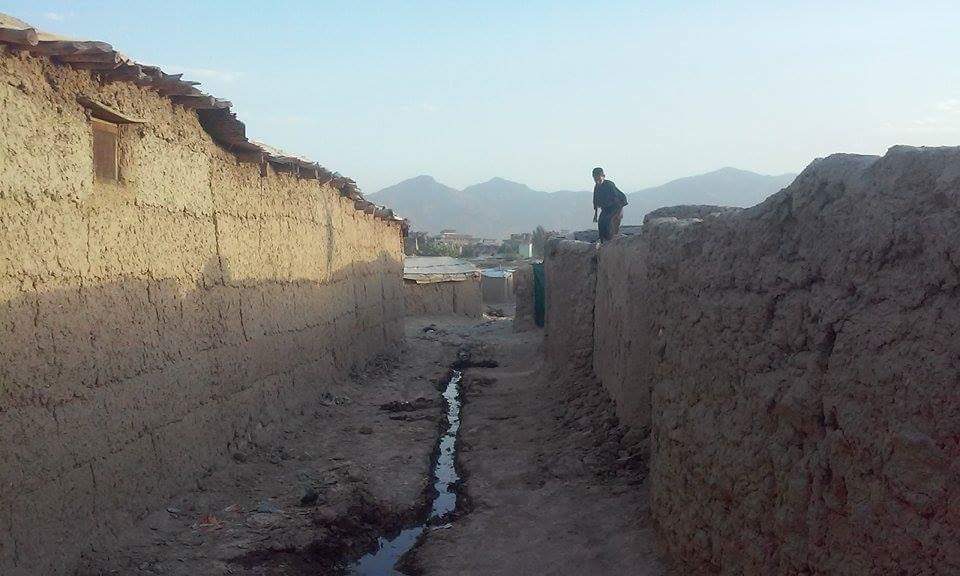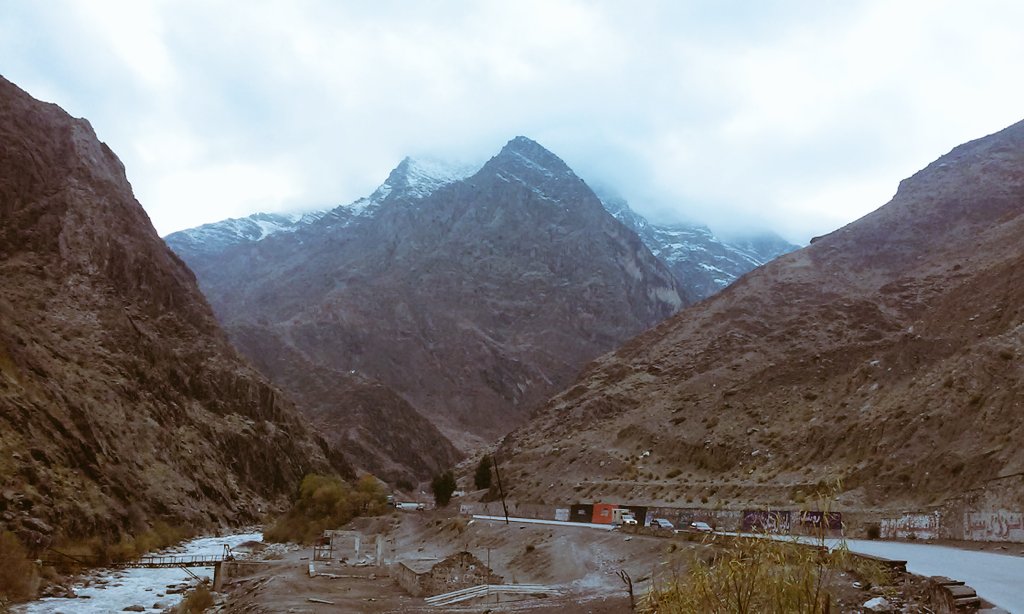These Refugees Are Being Sent to a War Zone

By:
Afghans "are being singled out and rounded up all over Europe," journalist Mohammed Harun Arsalai told ATTN: from Kabul. "And they're all coming back here, to nothing."
Arsalai is co-founder of Documenting Afghanistan, a new project that aims to show the underreported reality of a country at war — a nation to which thousands of asylum seekers will be deported in the coming months by governments in Europe, where 213,000 Afghans arrived in 2015.
"We're expecting 100,000 to be deported this year," Arsalai told ATTN:. That's just an estimate: the actual number could be even higher thanks to a deal between the European Union and the Afghan government, which allows for an unlimited number of Afghan nationals to be deported. The deal comes at the same time as Afghanistan is set to receive a $15.2 billion aid package and a new airport terminal in Kabul dedicated to facilitating the exodus. That the aid is payment for accepting the deportees is denied by all parties, though a leaked EU draft of the deportation deal suggests making aid "migration sensitive" as part of an "incentives package" — that is, promising money that would only be available if a larger number of asylum seekers were deported.
The plan to increase deportations comes as the conflict in Afghanistan remains dangerous and deadly.
According to the United Nations, 3,498 civilians were killed and 7,920 were wounded in 2016, a 24 per-cent increase from the previous high — "including record figures for children killed and injured."
The U.S. State Department says, "Travel to all areas of Afghanistan remains unsafe due to the ongoing risk of kidnapping, hostage taking, military combat operations, landmines, banditry, armed rivalry between political and tribal groups, militant attacks, direct and indirect fire, suicide bombings, and insurgent attacks."
Meanwhile, an average of 1,700 Afghans are displaced every day, according to the U.N., and a third of the population — 9.3 million — needs humanitarian aid to stay alive. Nonetheless,
And so, despite the continued presence of 9,000 U.S. Troops and 4,000 of their NATO counterparts, many Afgans are now deemed "economic migrants," meaning they have no right to asylum.
"The authorities told me that Kabul, my home town, is safe enough for living," one Afghan told Al Jazeera in October.
"Some of these people have never even been here," Arsalai said. They may have grown up in a refugee camp, like millions of others who fled the Soviet occupation and resistance against it in the 1980s or the civil war that erupted in the 1990s after the Soviets left. "They have no more connection," but are forced "home" — some no older than 7 — by governments that don't want them.
When Afghans return home, they face a dire situation.
"There are no jobs here, and people are desperate," Arsalai said. Fighting outside Afghanistan's cities has led to thousands "flooding into urban areas, forced to abandon their traditional ways of life and living off the land to go compete for jobs that don't exist. It's turning an ongoing crisis into a catastrophe."
 Documenting Afghanistan/Mohammed Harun Arsalai - facebook.com
Documenting Afghanistan/Mohammed Harun Arsalai - facebook.com
A child at a camp for internally displaced persons in Kabul.
Emran Feroz, a co-founder of Documenting Afghanistan, is based in Stuttgart, Germany, where he regularly meets Afghans who have fled the record-breaking devastation in their country.
"Many refugees from Afghanistan say, of course, 'there is war and destruction in our country, and that's why we're leaving — but we also don't have an economic chance in Afghanistan because there's so much poverty,'" Feroz said. But, chance or not, a knock on their door in the middle of the night and these refugees could find themselves on a plane headed back to the country they fled.
"How is it," Arsalai asked, "that the world is telling Afghanistan that ‘there's no more war there, it's post-conflict, we're sending back the refugees,' and at the same time your own institutions are putting out statements saying that ‘it's the bloodiest year since whenever,' and your embassies are putting out statements telling all of your own citizens to leave the country — that no part of the country is safe? How is it both these things at once?"
That's what he and Feroz are trying to answer with Documenting Afghanistan.
Tired of foreign journalists coming in and telling only the most salacious half of the story, Arsalai and a team of fellow Afghans "want to tell our stories" and tell them on their own terms.
 Documenting Afghanistan/Mohammed Harun Arsalai - facebook.com
Documenting Afghanistan/Mohammed Harun Arsalai - facebook.com
The road to Kabul.
Arsalai and Feroz want to show the world what Afghanistan is: a country like any other full of people — liberals and conservatives, atheists and zealots — who have hopes and dreams for themselves and their children.
"In general," Feroz told ATTN:, "we don't hear many Afghan voices in the West. There are so many people in the Afghan diaspora who can write, who are very active, but most of them are overshadowed by Western voices."
"What is also important, in my eyes, is to show another Afghanistan," Feroz said, "not just one about war and destruction, ISIS and the Taliban."
"There are also other stories, optimistic stories," Feroz said, "which might hint at a better future — and these stories are not recognized because people tend to like the negative."
But as Arsalai noted: it's a balancing act. Afghanistan is not a normal country: It's at war, and other countries are at war in it.
"We have to explain the violence. There's a lot of violence here," Arsalai said. "But our stories are here, too."
